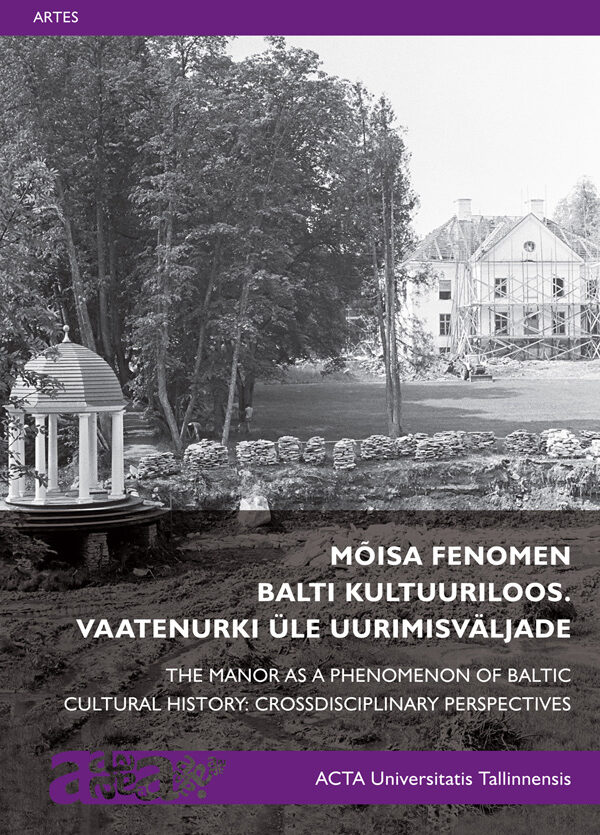Kristina Jõekalda, Linda Kaljundi and Ulrike Plath compiled the edited volume The Manor as a Phenomenon of Baltic Cultural History: Crossdisciplinary Perspectives.
Manors are one of the most well-known and beloved phenomena in Estonian cultural history – they are widely studied and visited, written and spoken about, photographed and filmed, restored, bought and sold. In fact, the manor is one of the few elements of Baltic German heritage that has been domesticated into Estonian national cultural memory and heritage landscapes. However, it could also be argued that all this has flattened their public image.
This book is based on the conviction that the manor is key to a better understanding of Baltic history and culture, as well as of the transfers between Estonian and Baltic German cultures. For this, however, we need to look beyond the manor house and its aristocratic owners, and apply multidisciplinary approaches in order to find new perspectives.
In this edited volume, scholars from a variety of disciplines explore the manor as a phenomenon around which many of the major themes of the transnational history of the Baltic space unfold. New perspectives are opened up on the early history of the manor, the importance of material culture and art as a source of manor history, the role of research and restoration practices in shaping the meaning of the manor, the cultural imagery and representations associated with the manor, and the ambivalent relationship between Baltic Germans and Estonians.
The book is published by Tallinn University Press, in the series Acta Universitatis Tallinnensis. Artes. Contributors include scholars from multiple research institutions: Riin Alatalu, Toomas Hiio, Hilkka Hiiop, Kristina Jõekalda, Inna Põltsam-Jürjo, Linda Kaljundi, Andreas Kalkun, Marju Kõivupuu, Kadi Polli, Heiki Pärdi, Maris Saagpakk and Hannes Vinnal.
The book was supported by EKA, the Böckler-Mare-Balticum Foundation, and the Cultural Endowment of Estonia.

